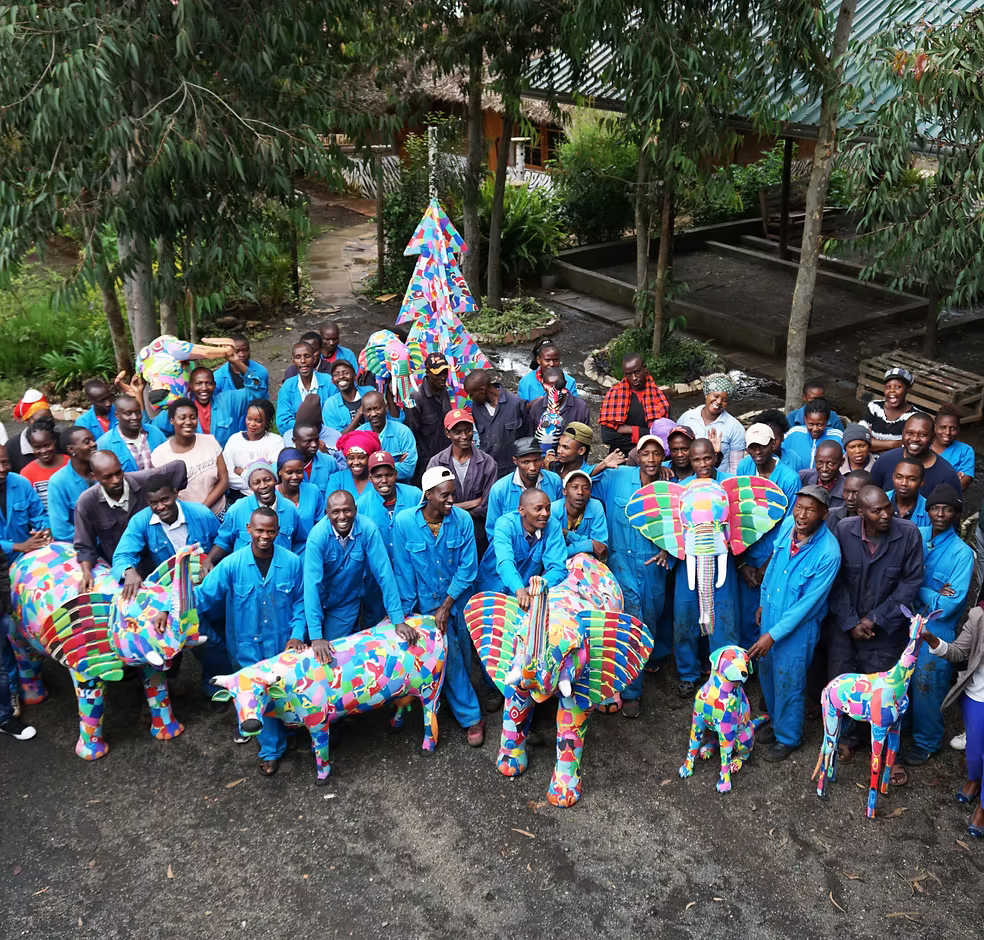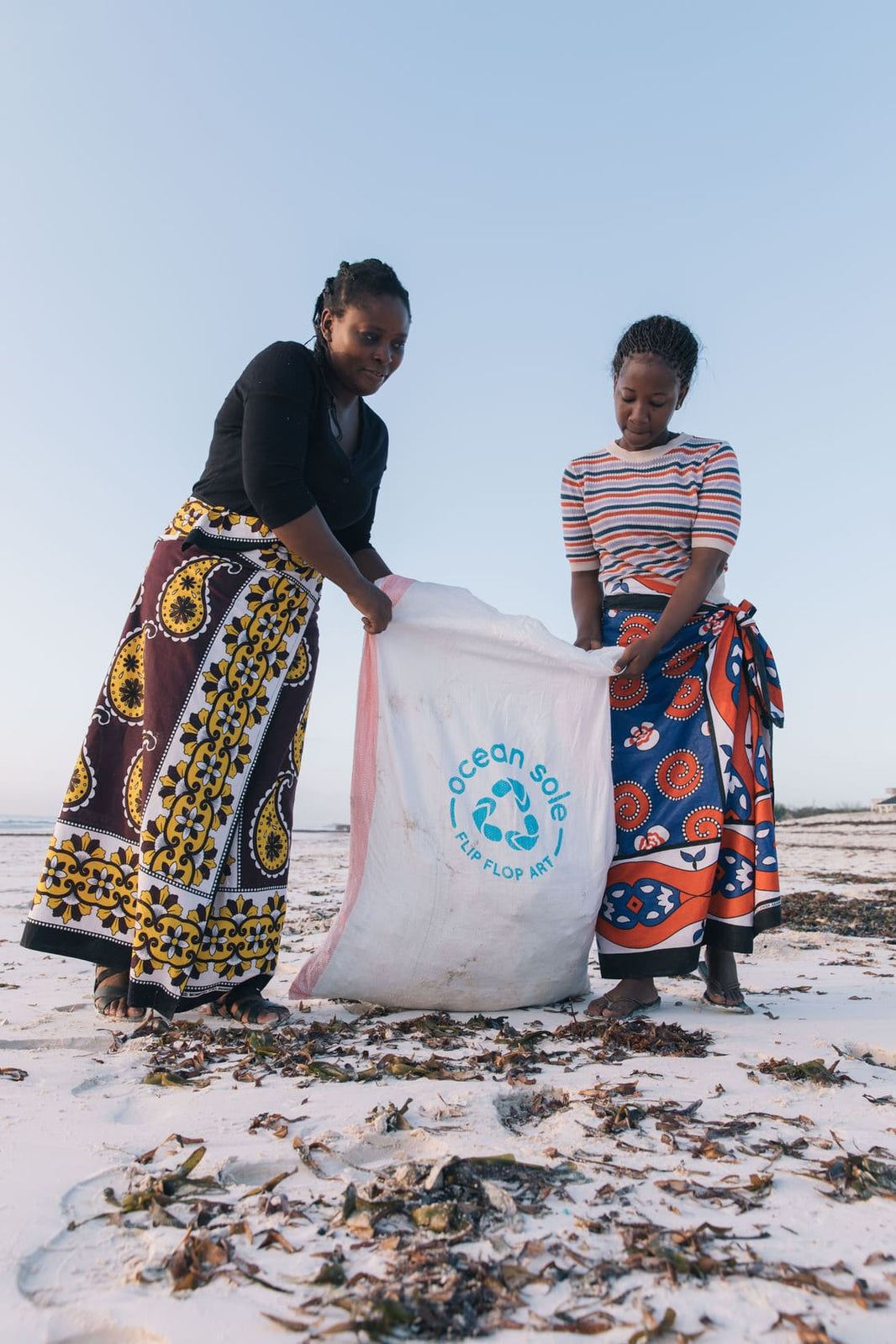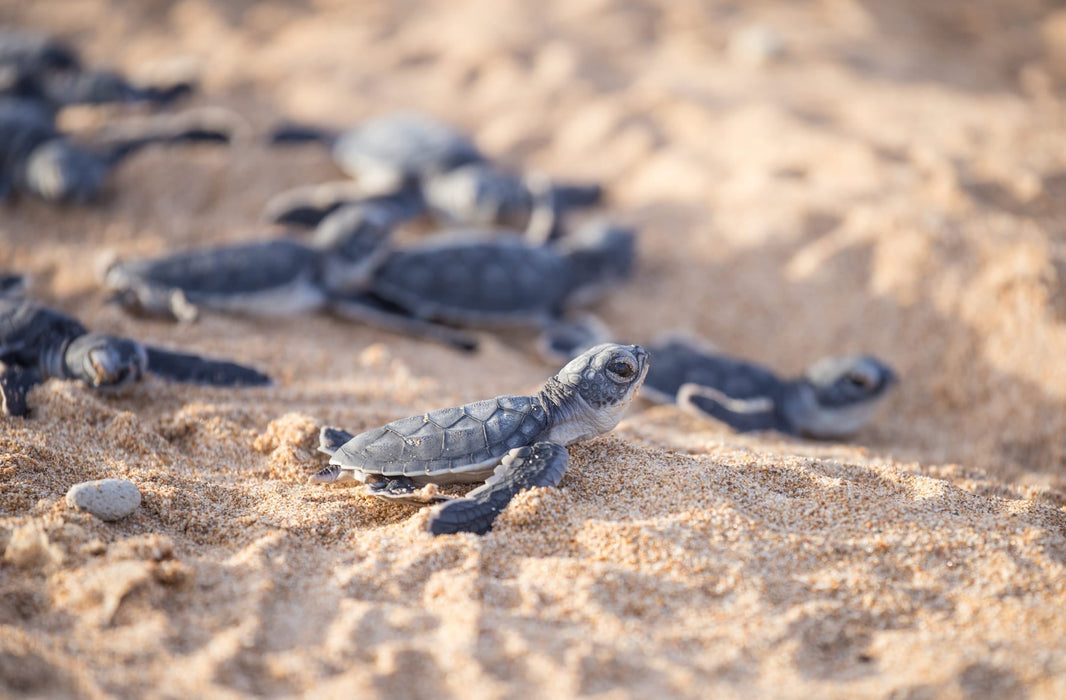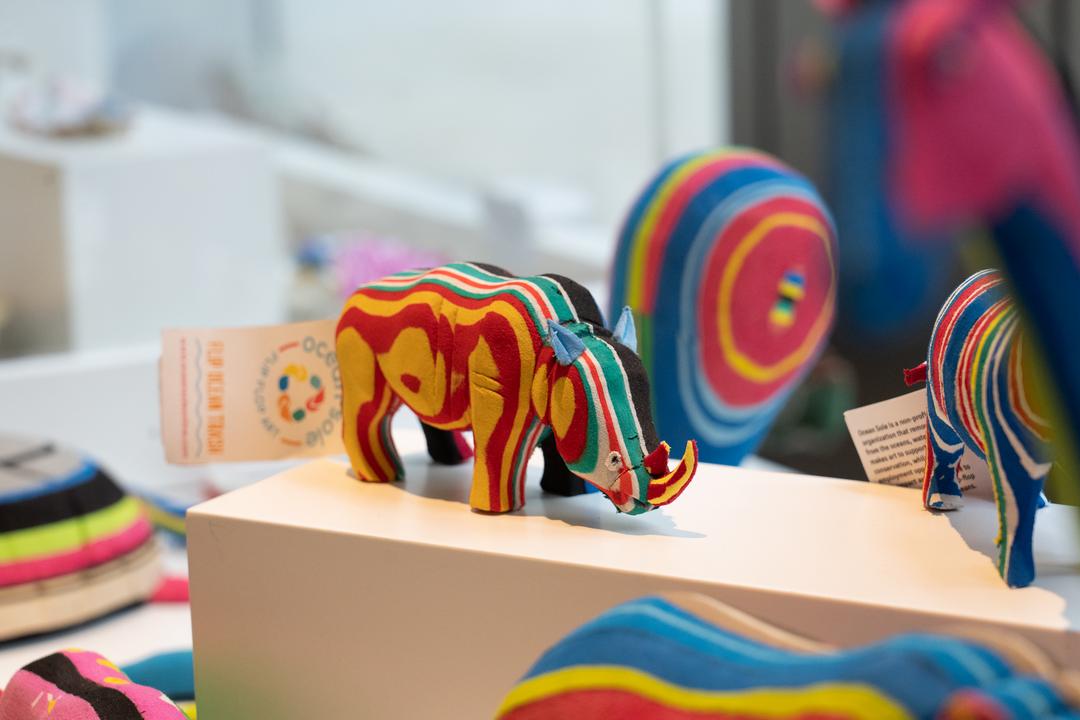Whales are undoubtedly The Gentle Giants Of The Ocean. Whales are the largest animals alive today, dwarfing even the most enormous dinosaurs. Hunted to the edge of extinction, they are making something of a comeback, though some species are recovering more quickly than others.
You may wonder how whales survive in the ocean. They have a thick layer of fat called blubber which insulates them from cold ocean waters. There are various species of whales; they include but not limited to:
This day was created in 1980 in Maui, Hawaii, thanks to the initiative of Greg Kauffman, founder of the Pacific Whale Foundation. The aim was to raise awareness about the threat of extinction of humpback whales. World Whale Day is celebrated to raise awareness of the ecological value of these species to the planet.
Having said that, what are some of the ecological values of whales on our planet?
- When it comes to the environment and the ocean’s ecosystem, whales help regulate the flow of food. These marine mammals maintain a stable food chain and ensure that certain animal species do not overpopulate the ocean. As a result, whales play an integral role in maintaining the ecosystem balance.
- Whale poop plays a significant role in the environment by helping to offset carbon in the atmosphere. Studies have shown that the nutrients in sperm whale poop help stimulate phytoplankton growth. Phytoplankton pulls carbon from the atmosphere to provide a cleaner and healthier breathing environment for all animals.
- Phytoplankton feed fish, allowing them to thrive and reproduce, and fish feed many other species. As a result, whales play a vital role in keeping the food chain stable.
- Whale watching has become an international spectator activity and tourism booster over the last several decades.
- People have spent billions of dollars hoping to get a glance at these striking creatures in their natural habitat. It has become a significant source of income for some countries as a part of their tourist attraction.
All of these point to the conclusion that, Whales are sentinels of the health of marine environments. They are found in all the world’s oceans, from coastal areas to the deep sea. As whales lie at the top of the food pyramid, any decline or increase in their population indicates a change in their habitat.
With their majesty and beauty, it’s sad to fathom that several species of whales have been listed as Critically Endangered by the International Union For Conservation of Nature (IUCN). Several factors have contributed to the drastic decline in their populations.:
- Pollution- Pollution is the leading cause of all marine wildlife' woes, notably chemical pollution. Oil spills are toxic not just to whales but also to all other marine wildlife. Plastics are dangerous to whales and other marine wildlife because they confuse it for food, ingest it, and it causes irreversible damage to their bodies. Noise pollution is harmful because it affects whales’ ability to effectively use echolocation, their way of hearing and determining location.
- Commercial whaling- Commercial whaling still poses a problem today. Currently, approximately 1,000 whales are killed each year by commercial whaling. These whales are usually hunted for their materials, such as fat and oil, to make clothing, products, and food. Commercial whaling can also be highly competitive, increasing the threat level for these animals even more.
- Over fishing and habitat loss- Over fishing and habitat loss are huge proponents of the deaths of many whales. Over fishing is dangerous, as it limits the supply of prey for whales, ultimately affecting their ability to survive and reproduce. And because of climate change and increased temperatures, whales’ habitats and prey are also affected.
Given these facts, The World Wildlife Fund (WWF) has developed The Protecting Whales and Dolphins Initiative, which focuses on Whales and Dolphins in marine environments. This initiative aims to:
- Improve monitoring and mitigation of by catch in fishing gear.
- Reduce underwater noise and collision risks from shipping.
- Improve the protection of critical cetacean habitats for feeding, breeding, resting, and migration.
Read more about this initiative.
How can we save the whales?
- Petition for governmental change- There are several countries that currently still allow commercial whaling. Voice your opinion to help persuade lawmakers to change legislation/regulations.
- Minimize your use of natural gas and/or oil- The acceptance of electric vehicles has skyrocketed over the past few years. However, this option is not financially feasible. Still, there are things you can do to limit your use of gas, including carpooling, riding a bike to work, etc.
- Be mindful of what you use and what you dispose of- Make sure to dispose of your trash responsibly, ensuring that none ends up as litter or pollution. You can take a step further and begin switching to biodegradable products.
- Donate to a reputable organisation - Organizations currently take donations to help save whales. Find one you like and donate!
- Educate yourself and others about whales- To help spread awareness, teach others about this issue. The more people know about this cause, the greater its impact.
At Ocean Sole, every day is Whale Day! We make whale flip-flop sculptures that get displayed all over the world to help highlight their story. We use our social media platforms to share information about whales and how people can help them.
The picture above features our large Right Whale sculpture. Here's a deeper look at what it took our team to create it:
We are happy to help spread awareness and would love to partner with any organisation committed to bringing attention to the whales and getting them the help they need. This World Whale Day, you are invited to participate in activities that will help bring awareness to the whales, individually or as a group. The Gentle Giants of the Sea call upon you to be their ambassadors and champion for changes that will protect them and guarantee their survival.
Remember, “However big the whale might be, the tiny harpoon can rob him/her of life.”
#WorldWhaleDay
Email hello@oceansoleafrica.com for custom projects and creative ideas, or see how to stay connected & get involved with our mission!









